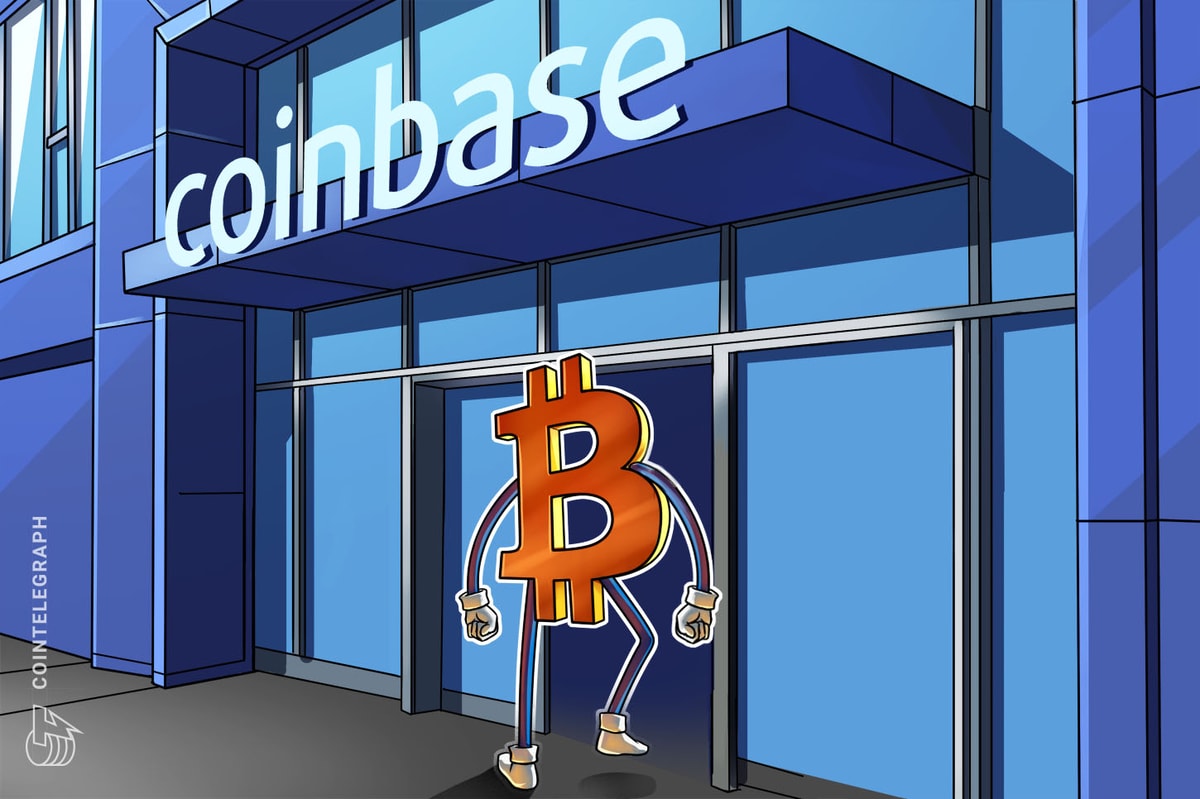Improving one’s health and physical well-being is one of the most commonly pursued goals all around the world. At the turn of the new year, many people make New Year’s resolutions to improve themselves in some way, and one of the most common resolutions is to exercise more.
According to the Pew Research Center, 79% of Americans who made resolutions for 2024 included at least one focused on their health, exercise or diet.
However, studies have shown that the vast majority of people who make resolutions do not ultimately stick to them. One 2016 study found that only 9% of Americans who made resolutions actually kept them. In fact, the second Friday of January is known colloquially as “Quitter’s Day,” which is when people are reportedly most prone to give up on their goals for the new year.
What can be done to help encourage movement and exercise throughout the year? According to Oleg Fomenko, co-founder of Sweatcoin and Sweat Economy, the answer is to provide an immediate economic incentive in the form of crypto rewards.
Sweatcoin is a move-to-earn app that tracks users’ steps and rewards them with points that can be redeemed for experiences and products, while Sweat Economy is the crypto ecosystem being built atop it, centered around the SWEAT token.
On episode 14 of The Agenda podcast, host Jonathan DeYoung spoke with Fomenko about the value of movement, how to quantify what a step is worth, and what a future economy might look like where tokenized exercise is a trillion-dollar industry.

How much is a step worth?
Fomenko told DeYoung that human movement and physical activity are incredibly valuable for societies, yet they remain highly undervalued financially. For starters, more active people generally require less medical attention in the long term. When people are healthier, the whole country benefits financially, Fomenko argued:
“Healthcare providers, insurers, employers, ultimately governments are benefiting tremendously from you being physically active. You’re going to live longer, and in the most cynical, even rational, you will pay more taxes because you will be economically active for longer.”
However, no one has put a concrete monetary value on what movement is worth. Fomenko compared physical activity to attention in this regard. “We now know how much your attention is worth, very, very precisely,” he said, pointing to Google, Facebook and Amazon. “Twenty years ago, we wouldn’t have an answer. Now we do.”
“Physical activity is, in the same fashion, very, very valuable to you because, as I said, it makes you more productive. It makes you live longer. It makes you fitter, healthier, mentally fit. There are third parties willing to pay for it.”
Sweat Economy breaks down one “unit” of movement into one step, and it has begun issuing grants for researchers to determine the monetary value of 10,000 steps. Fomenko said the project is partnering with the University of Cadiz on this effort and will announce more universities soon.
The movement economy of the future
Fomeko expects that once the monetary value of physical activity is recognized, tokenized movement will become a major economic force and grow exponentially. Sweatcoin currently pays out SWEAT tokens for the first 5,000 steps to users who opt-in to its crypto features, which is just the first step (pun intended) for Fomenko.
Using the attention analogy, he argued that “if humanity has managed to build an economy of $7 trillion around the value of our collective attention, why would the movement economy, or the economy that we will together build around the value of your physical activity, be any smaller than that?”
Fomenko hopes that in the future, everyone will be incentivized financially to move more:
“The trade-off that we have in our minds right now is, oh, I need to be healthier? Then it means I need to spend money. We need to flip it in a completely different direction. If I’m healthier, I am earning because it is not just a benefit to me; it is a benefit to absolutely everybody.”
One day, movement and physical activity could even be traded on major markets, according to the co-founder. When asked about his ideal future for Sweat Economy, Fomenko responded:
“What I would love to see is a headline saying physical activity value pumped 20% on the release of the latest obesity report in the U.S. That would be an incredible achievement because that would mean that SWEAT will stop being a token. It will start being perceived as the value of physical activity.”
To hear more from Fomenko’s conversation with The Agenda — including his thoughts on the health impacts of the metaverse, how the Sweatcoin app prevents fraud, the value of health data and more — listen to the full episode on Cointelegraph’s Podcasts page, Apple Podcasts or Spotify. And don’t forget to check out Cointelegraph’s full lineup of other shows!
Web3 Gamer: Sweatcoin says shaking is faking, MotoDEX review, Gods Unchained 2024
This article is for general information purposes and is not intended to be and should not be taken as legal or investment advice. The views, thoughts, and opinions expressed here are the author’s alone and do not necessarily reflect or represent the views and opinions of Cointelegraph.











